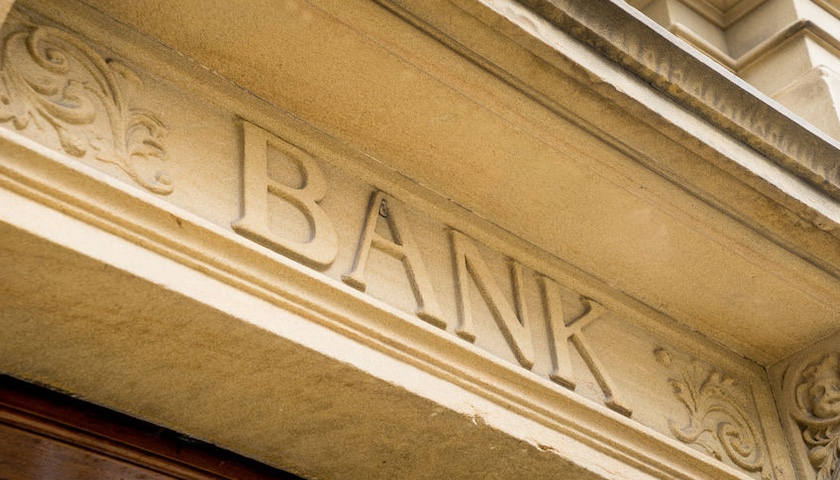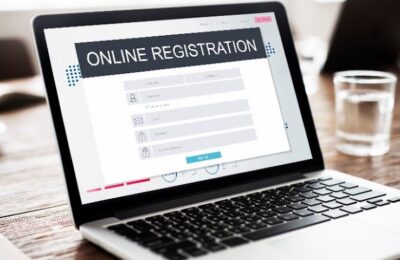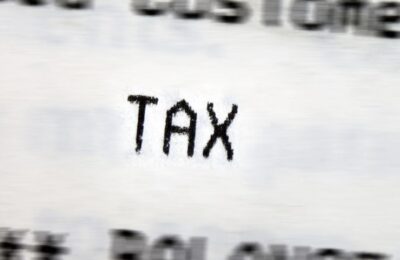Is money a bit tight? Are you tempted to put off paying your tax bill? If so, you may want to think again: HMRC bank account tax raids are about to take off.
What’s the story behind HMRC bank account tax raids?
The story behind HMRC bank account tax raids goes back to 2015. In that year, the taxman launched something called Direct Recovery of Debts (DRD). In brief, HMRC gained the power to raid your bank account under ‘direct recovery powers’ if you owed more than £1,000. However, DRD was rarely used after its introduction. From April 2016 to December 2018, DRD powers were only used on 19 occasions, raising some £361,678.
The DRD programme was halted during the COVID-19 pandemic, but it may now return with a vengeance. HMRC was given the power to restart the programme by the Chancellor in her March 2025 Spring Statement. It has begun with a ‘test and learn’ period as it phases DRD in.
Who will be targeted?
HMRC says that DRD will be “used when an individual or business can afford to pay what they owe but are choosing not to.”
This seems to mean that HMRC can pursue any person or entity owing more than £1,000 in tax. This means that the self-employed, people with income from property, savings or investments, plus businesses and partnerships, could all be in the frame.
Can HMRC just help itself to my bank account?
No, HMRC bank account tax raids can’t take place out of the blue.
If you owe more than £1,000 in tax, you will normally be sent reminders after missing a deadline. If you fail to respond to these, HMRC agents will visit you and discuss options for repayment. Only after this has happened can HMRC take money from your bank account (and/or your cash ISA).
Are there any safeguards against bank account tax raids?
Yes, there are safeguards that define the circumstances in which HMRC can take money from your bank account or ISA.
People deemed to be vulnerable will not be subject to DRD. In these cases, a specialist team will support them and find ways of settling their debts.
Additionally, if HMRC does decide to take money for your accounts, it has to leave you at least £5,000. This is so that the taxman does not ‘put a hold on money needed to pay wages, mortgages or essential business or household expenses’.
Can I appeal if HMRC wants to take money from my accounts?
Yes, you can appeal if HMRC wants to take money from your accounts. Once debt recovery has been initiated, you have 30 days to lodge an objection. A decision on this will be made within another 30 days. During this time, funds may be held in the account – preventing you using them – but they won’t be transferred until any decision against you.
You can also appeal to a county court after this stage. To do so, you need to appeal on specified grounds, including hardship and third-party rights.
Problems paying tax?
If you can’t pay your tax bill, it’s important to get in touch with HMRC as soon as possible. If you are a THP client, you’re welcome to speak to your account manager for advice. Additionally, you may find this blog post useful: Can’t pay tax bill? this is what you need to do.
About Jon Pryse-Jones
Since joining THP in 1978, Jon Pryse-Jones has been hands on with every area of the business. Now specialising in strategy, business planning, and marketing, Jon remains at the forefront of the growth and development at THP.
An ideas man, Jon enjoys getting the most out of all situations, “I act as a catalyst for creative people and encourage them to think outside the box,” he says, “and I’m not afraid of being confrontational. It often leads to a better result for THP and its clients.”
Jon’s appreciation for THP extends to his fellow team members and the board. “They really know how to run a successful business,” he says. He’s keen on IT and systems development as critical to success, and he continues to guide THP to be at the cutting edge and effective.
Read more about Jon Pryse-Jones More posts by Jon Pryse-Jones











